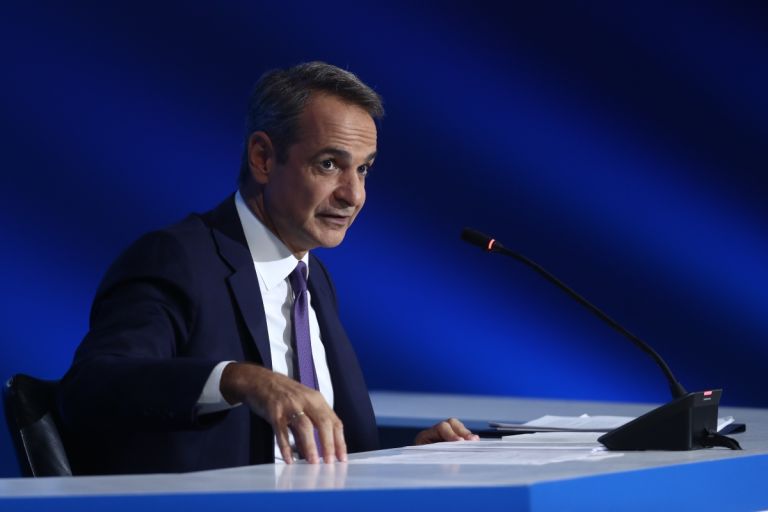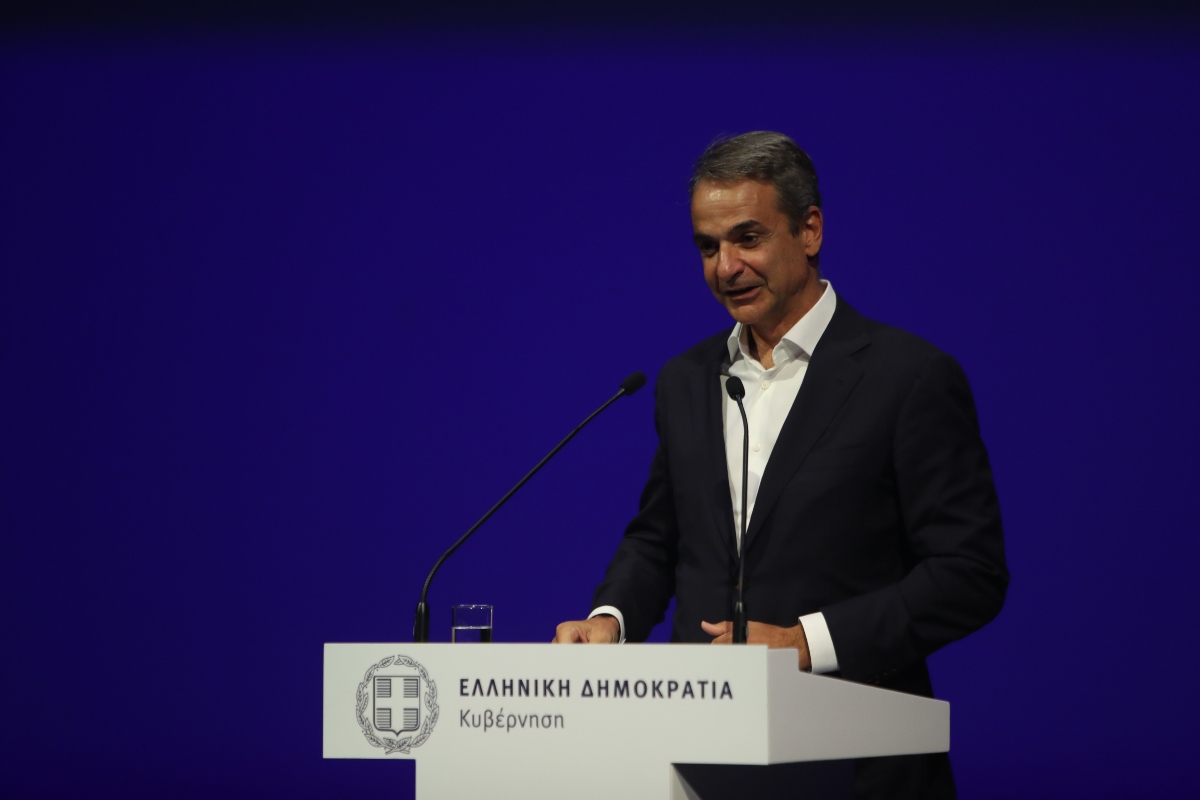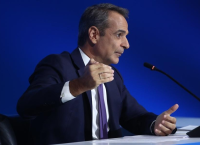Will the Electoral Law Change Again? Mitsotakis Leaves the Door Open

Πηγή Φωτογραφίας: eurokinissi//Will the Electoral Law Change Again? Mitsotakis Leaves the Door Open
A Debate Rekindled Despite Repeated Denials
Although Prime Minister Kyriakos Mitsotakis has publicly dismissed talk of changing the electoral law, the discussion remains alive within government circles and the New Democracy party. The political landscape—marked by fragmentation and the rise of smaller parties—has fueled renewed speculation, despite no official request from the Prime Minister for legislative planning.
In a recent TV interview, Mitsotakis reiterated his position against altering the law. Yet many believe the matter will resurface during his press conference at the Thessaloniki International Fair (TIF) in early September. His expected response? A soft denial that leaves space for future reconsideration.

Two Main Scenarios Under Consideration
1. Raising the Parliamentary Threshold
One proposed change is to increase the threshold for parliamentary entry from 3% to 5%. Proponents argue that this would prevent fragmented representation and increase governability. It would also reduce the vote percentage needed for a majority. However, critics warn that this move could be seen as an anti-democratic effort to silence smaller voices, potentially backfiring electorally.
2. Adjusting the Bonus Seat Formula
The current bonus system gives the leading party 20 seats after reaching 25% of the vote, with one additional seat per 0.5% increase. A new proposal suggests lowering this to 0.3% or 0.4%, allowing the leading party to reach a parliamentary majority more easily. This change, while technical, could significantly impact seat distribution—particularly in competitive constituencies.
MPs Worried About Their Seats
While Mitsotakis appears hesitant to act, many New Democracy MPs are deeply concerned about their political futures.
The current electoral system, which favors proportionality, poses serious risks for ND candidates in four-seat districts, where full party sweeps are now unlikely. In regions like Kavala, Karditsa, and the Cyclades, MPs fear losing one or even two seats compared to the 2023 elections. Similar anxieties extend across Greece—in Larisa, Athens, Thessaloniki, and Piraeus—where intra-party competition is fierce.
Veteran MPs and newcomers alike are lobbying behind the scenes, pushing for changes that might secure their political survival. With pressure mounting from all sides, the Prime Minister’s next move could reshape Greece’s political map once again.
Source: pagenews.gr
Διαβάστε όλες τις τελευταίες Ειδήσεις από την Ελλάδα και τον Κόσμο






Το σχόλιο σας